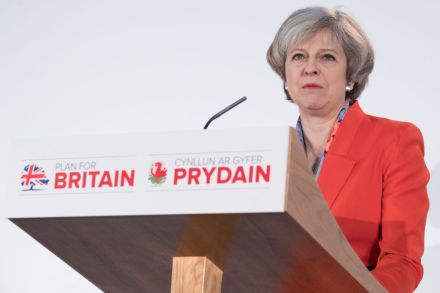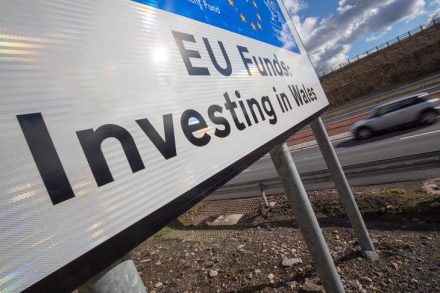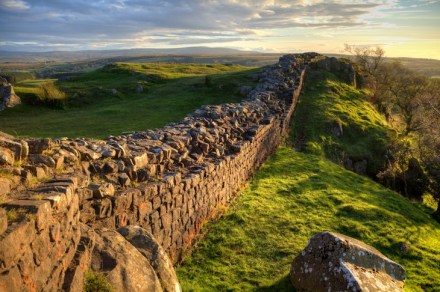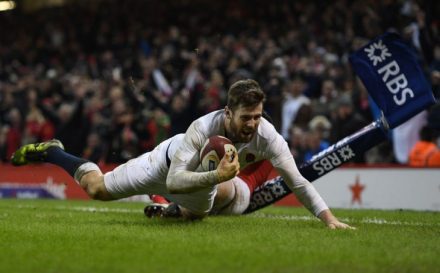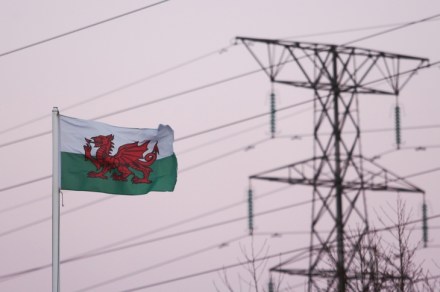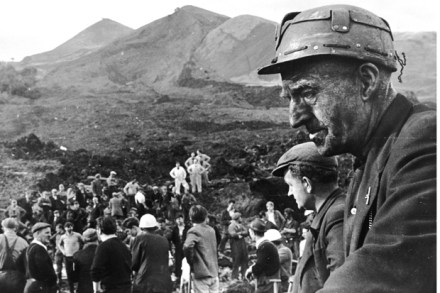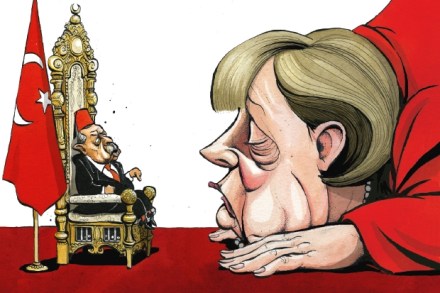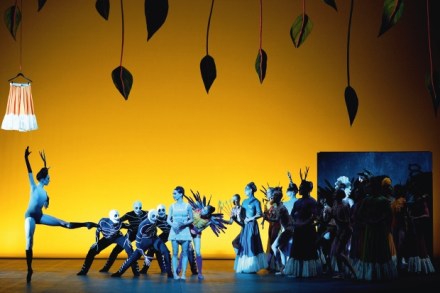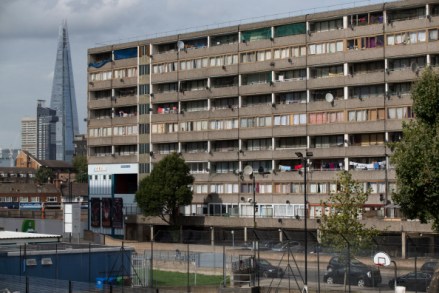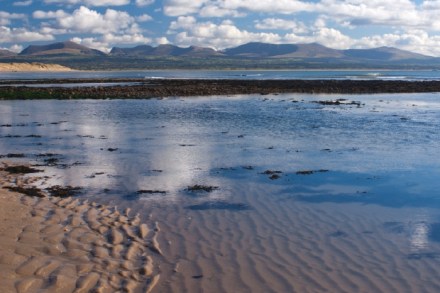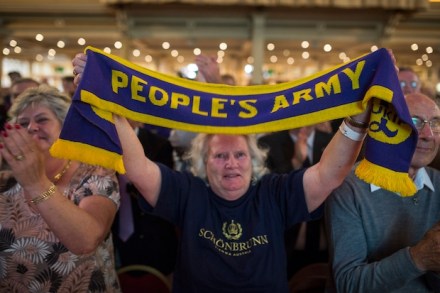The rise and fall of Ukip in Wales
Once upon a time the Welsh didn’t much care for the Kippers. In successive European elections (1999, 2004 and 2009), Scotland always produced Ukip’s worst result and Wales was the second or third worst. It was a similar story in Welsh Assembly elections: in 2003, 2007 and 2011, Ukip talked up their chances of winning seats on the regional list, only to fall well short in the end. Wales seemed barren territory for what looked like a very English party. Then things started to change. In the 2014 European election, Ukip came within a whisker of actually topping the poll in Wales. This was followed in the 2015 general election by the



